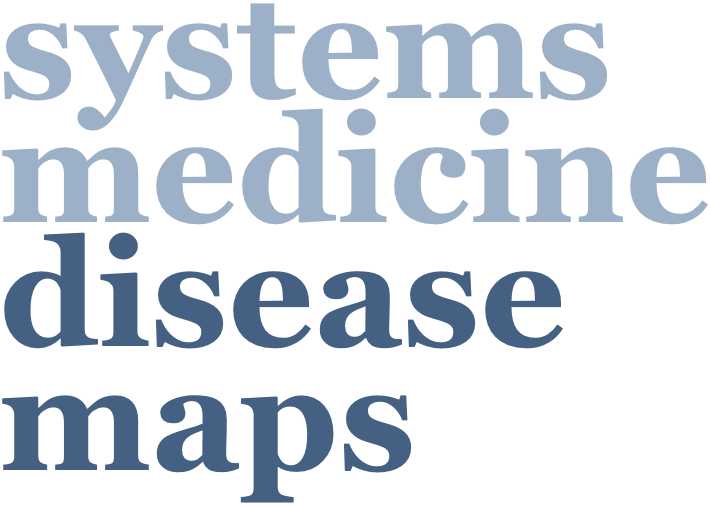
[back to the DMCM’24 Programme]
Title:
From data integration to actionable insights: Optimization of model-guided drug synergy predictions in systems medicine
Authors:
Viviam Bermudez Paiva
Abstract:
Functional precision medicine offers a crucial opportunity in oncology, allowing treatment design and testing in patient companion models. However, one key challenge lies in developing efficient computer models to select optimal candidate therapies that can be tested in limited patient-derived material. This project aims to pioneer a platform that enables the customization of disease Boolean models into cell-line, organoid, and prospective patient-specific models and simulate the effects of candidate drugs. Here, we demonstrate the bioinformatics and machine learning approaches employed to integrate and harmonize diverse datasets for model customization and structuring of testable drug panels. Synergy predictions are computed using the DrugLogics pipeline for each calibrated model, with predictive accuracy for drug responses assessed against experimentally observed synergies. The integration of these datasets not only enables a feasible and comprehensive analysis of model performance and synergy predictions but also facilitates the interpretation of results in the context of experimental data. Correlations with empirical observations lead to the formulation of biological hypotheses and explanations regarding drug synergies. Additionally, the integrated approach allows for deeper insights into the underlying biology of the disease, fostering greater understanding and informed decision making regarding treatment strategies. We found that, for a publicly available dataset on drug synergies in colon cancer cell lines, our prediction performance outperforms a random classifier, with an average of 0.59 ROC AUC for 51 colon cell lines, and a highest ROC AUC of 0.78 for cell line SW48, which indicates that models can correctly distinguish true synergistic combinations after the calibration. In summary, this work empowers in vitro testing and model-driven decision making for tailored treatment plans, considering a wide range of treatment designs and approved drugs, thereby facilitating the identification of novel combinations. By fusing diverse biological data, model simulations, and prediction analyses with prior knowledge networks, the platform enhances the capabilities of the NTNU DrugLogics pipeline, paving the way in the field of computational oncology.